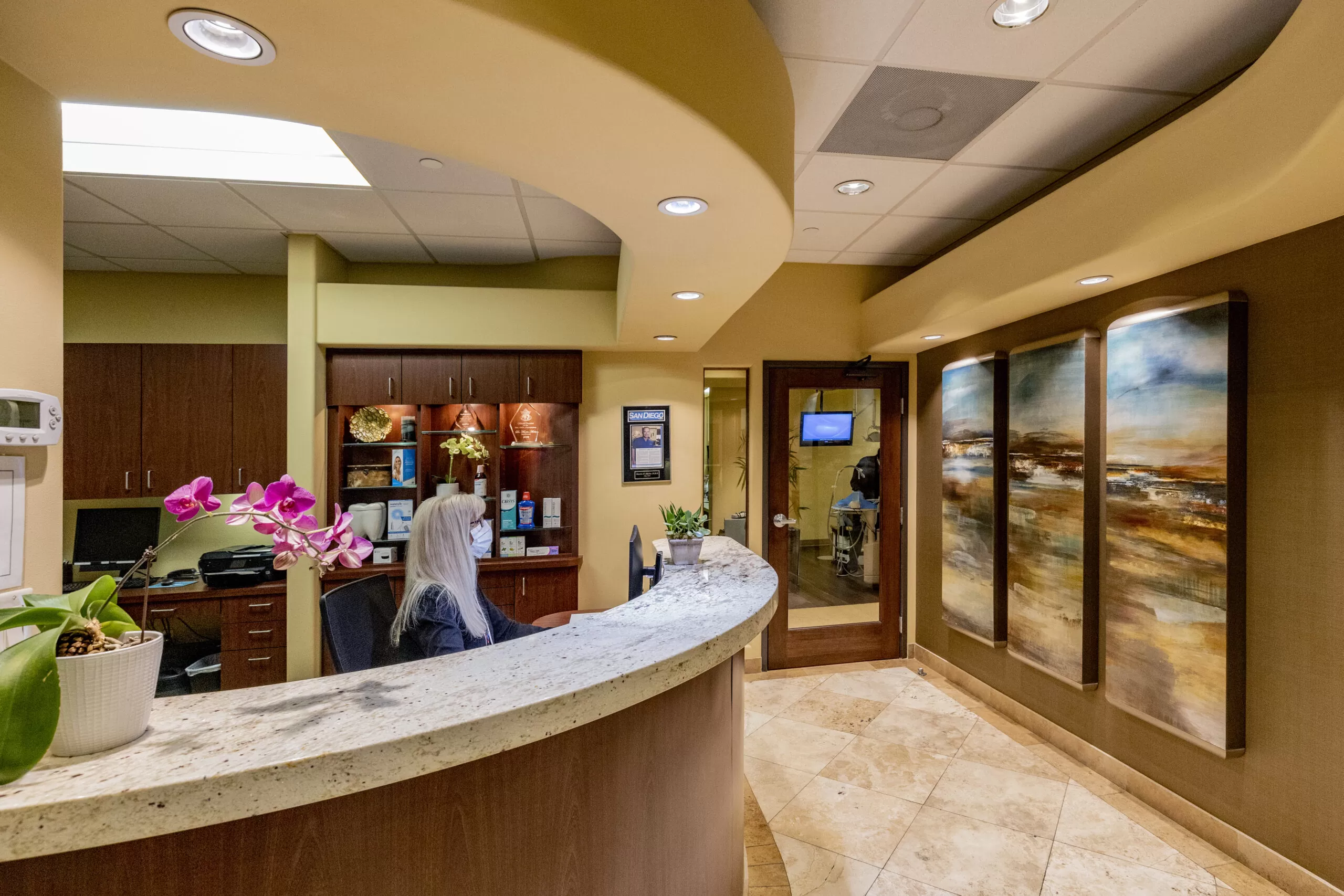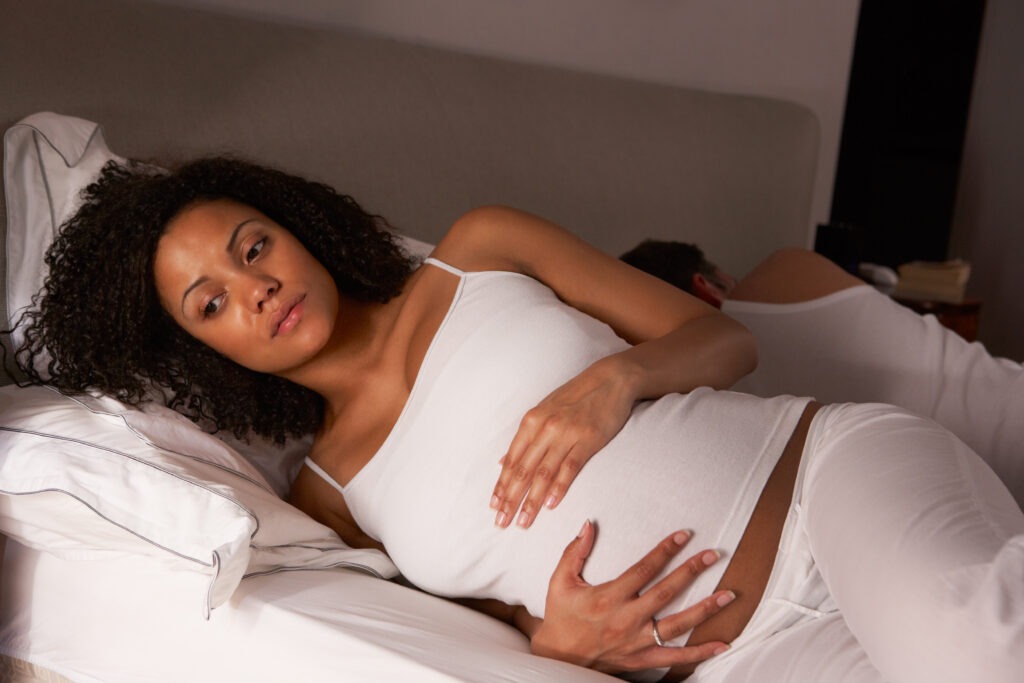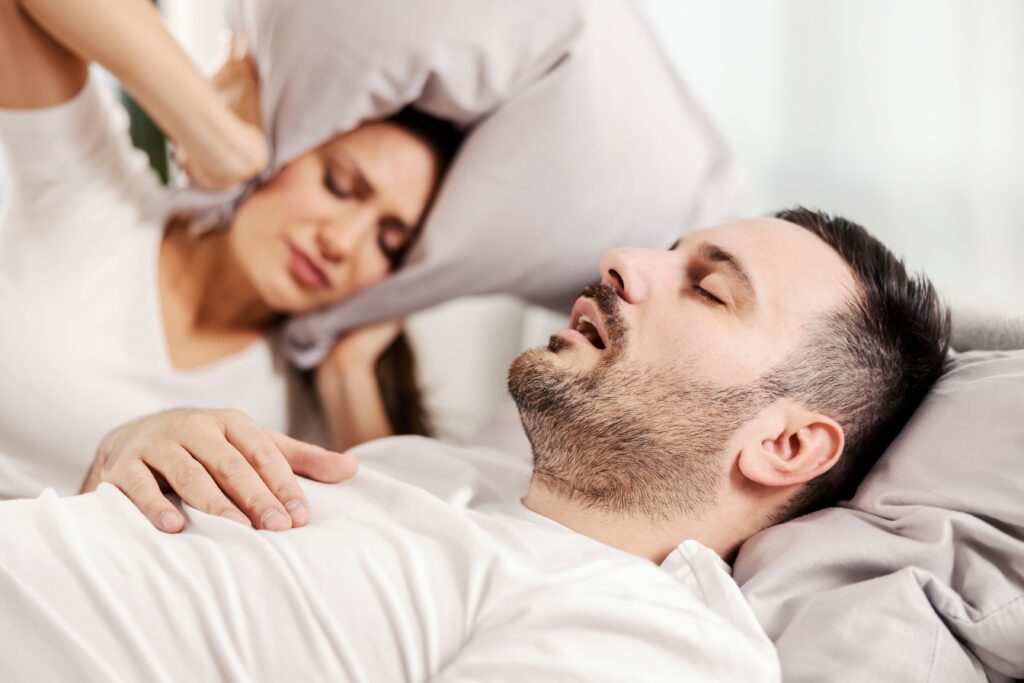
What Are The Symptoms?
This disorder causes loud or frequent snoring. People with sleep apnea stop breathing repeatedly during their sleep. They may gasp for air, snort, or choke. They also may experience excessive daytime sleepiness. Sleep apnea can also lead to memory problems, mood changes, and irritability.
How Is Sleep Apnea Diagnosed?
Your dentist may refer you to a sleep specialist or pulmonologist for diagnosis. The sleep specialist may order a sleep study to diagnose obstructive sleep apnea. The test records brain activity, eye movements, muscle activity, heart rate, chest expansion, and oxygen levels while you sleep. The sleep specialist will review your medical history and the results of your sleep study to diagnose sleep apnea.
What Are The Sleep Apnea Treatment?
Sleep apnea is a potentially serious sleep disorder that causes you to stop breathing during sleep. It’s caused by blocked airways, and it can lead to significant health problems like high blood pressure, heart disease, stroke, diabetes, depression, and obesity. If you suspect you may have sleep apnea, you should talk to your doctor right away.
In mild cases, sleep apnea may be treated with lifestyle changes like weight loss, quitting smoking, and sleeping on your side or stomach. Severe cases, however, often require the use of mouthpieces, breathing devices, and other treatment options.
The treatment options for sleep apnea include the following:
Continuous positive airway pressure (CPAP)
Continuous positive airway pressure (CPAP) is one of the most common types of sleep apnea treatments. CPAP involves wearing a mask over your mouth while you sleep. The mask is connected to a machine by tubing, which forces air into your mouth and keeps it open.
CPAP is one of the best treatment options for sleep apnea for a few reasons. First of all, CPAP is very effective. It’s considered the gold standard for treating sleep apnea. It’s also easy to use. You don’t have to do anything differently when sleeping. This makes it a very convenient option.
Oral appliance therapy (OAT)
Oral appliances, or mouth guards, are worn in the mouth during sleep to prevent sleep apnea and snoring. OAT devices come in a few different forms:
- Mandibular advancement device (MAD)
- Tongue retaining device (TRD)
- Tongue retaining device with suction (TSD)
Surgery for sleep apnea
In severe cases of obstructive sleep apnea, surgery may be recommended. There are several different types of surgeries to treat sleep apnea:
- Uvulopalatopharyngoplasty (UPPP):For snoring caused by a large uvula or tissue blocking the throat.
- Tonsillectomy:For children who snore or who have sleep apnea caused by enlarged tonsils.
- Pillar implant: For adults who snore or have a deviated septum.
- Genioglossus advancement:For adults who snore and who have a tongue that falls back during sleep.
- Maxillomandibular advancement: For adults who snore and have sleep apnea caused by blocked airways.
How Can A Dentist Help With Sleep Apnea?
A San Diego dentist can evaluate the extent of sleep apnea symptoms and prescribe an oral appliance that helps with mild to moderate sleep apnea.
Call Dentist in San Diego, CA, or schedule an online appointment with us, and we’ll be able to guide you further.
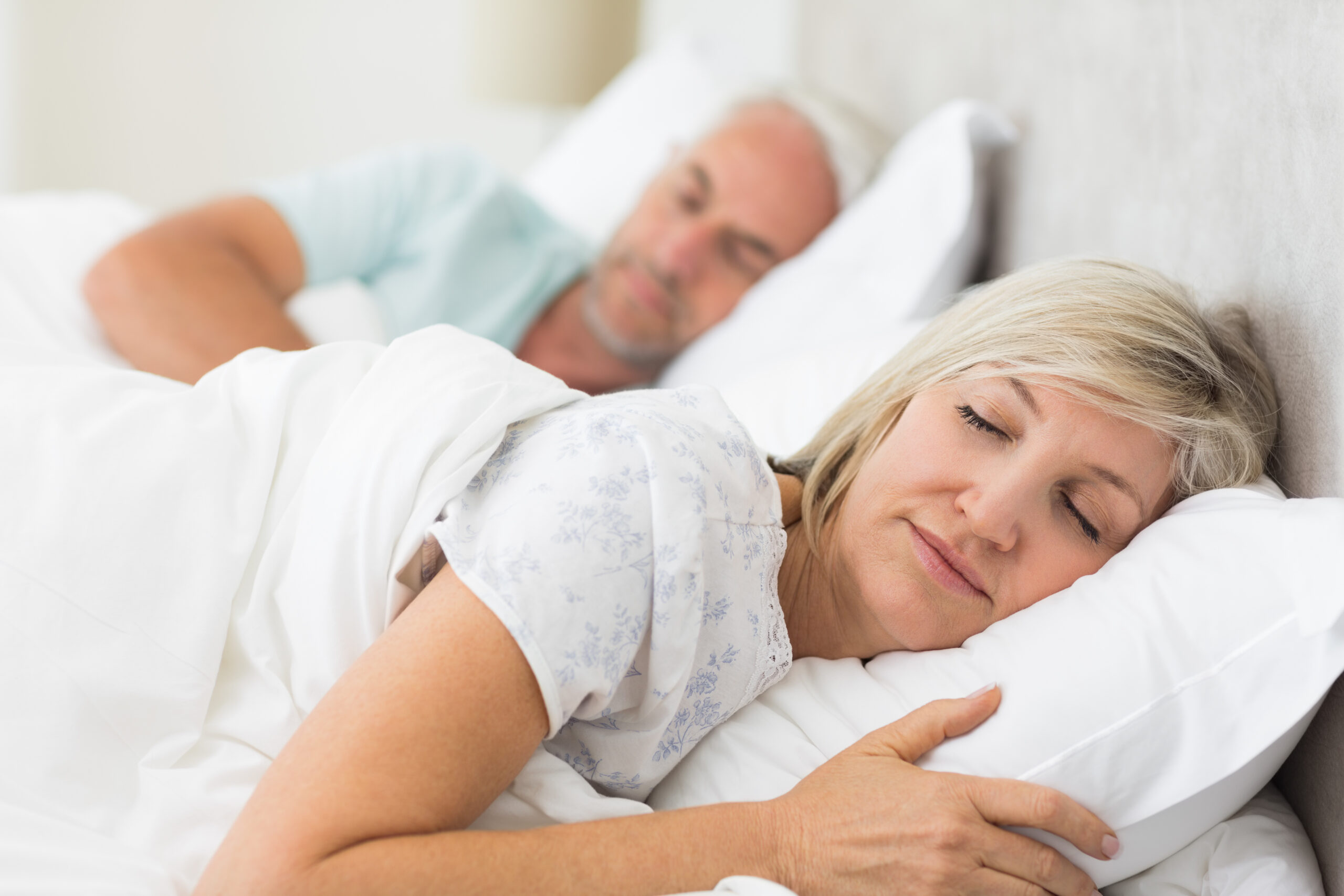
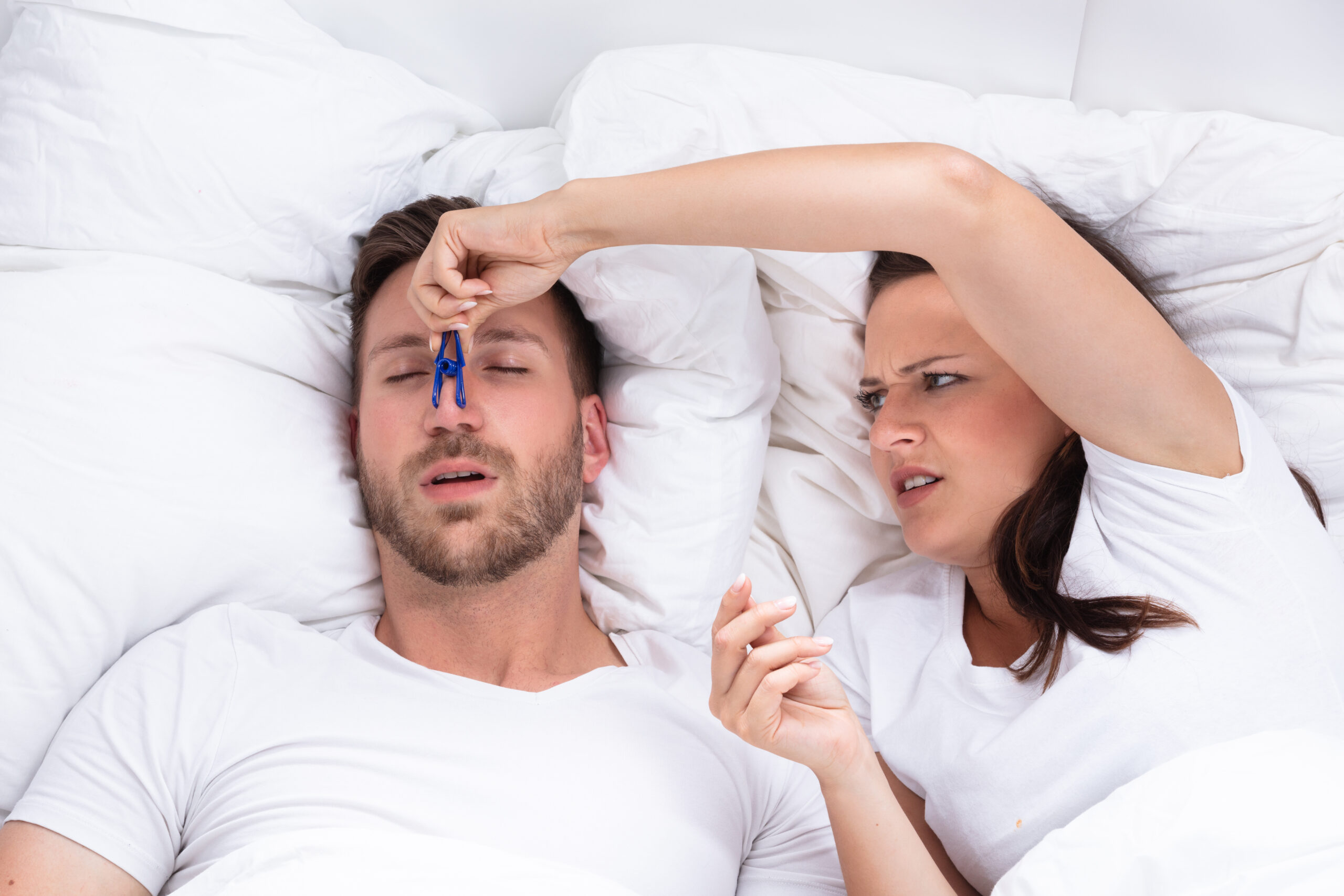
Can sleep apnea kill you?
It is unlikely for sleep apnea to directly result in death. Nonetheless, sleep apnea represents a potentially life-threatening ailment. When left untreated, it has the potential to trigger conditions such as diabetes, heart disease, high blood pressure, and strokes.
Can sleep apnea be cured?
Although a natural remedy for sleep apnea doesn’t exist, there are specific oral devices designed to improve oxygen flow during sleep. These devices function by adjusting your jaw to a slightly forward position, effectively reducing airway blockage resulting from the collapse of soft throat tissues at the rear.
Can sleep apnea cause high blood pressure?
If you have high blood pressure or hypertension, you already know how it can affect your daily life. Unfortunately there’s one more way it could be negatively affecting you, especially if your blood pressure is high enough to require treatment with two or more medications. It’s called obstructive sleep apnea, and not only can it cause high blood pressure, high blood pressure may cause sleep apnea.
Can sleep apnea cause heart problems?
Obstructive sleep apnea and heart disease can be a deadly combination. That’s because sleep apnea has been found in clinical studies to worsen the already dangerous heart disease, according to the journal of the American Heart Association, Circulation.
Is sleep apnea related to snoring?
Snoring is a big indicator of OSA, however just because you snore does not mean you have OSA, nor does having OSA mean you will snore. Snoring, when not related to OSA, is generally caused when the tongue, throat muscles, and palate relax during sleep. This pushes air past the soft tissue, which then causes vibrations that create that ‘train off the tracks’ sound we all know as storing.
More About Sleep Apnea
Other Services



Outside The Office
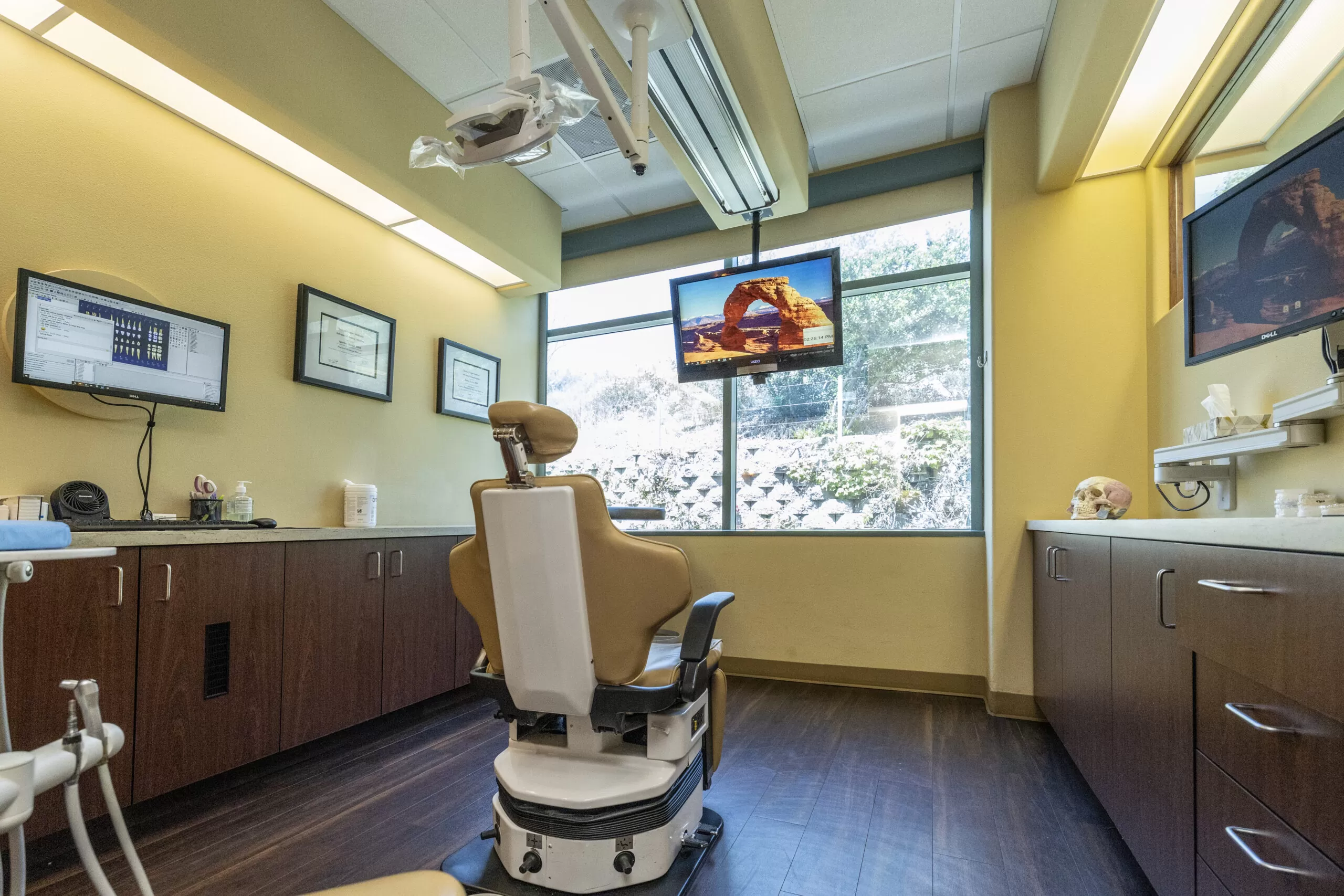


Inside a Patient Room
